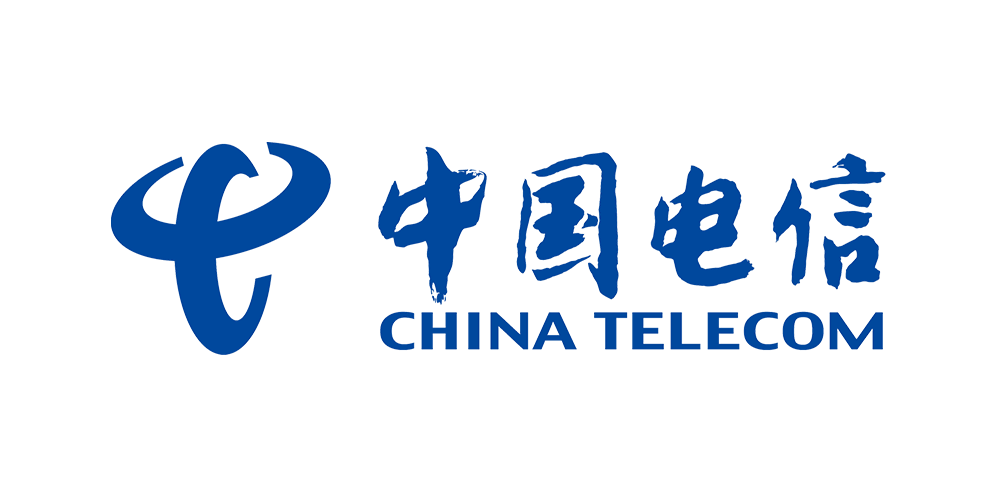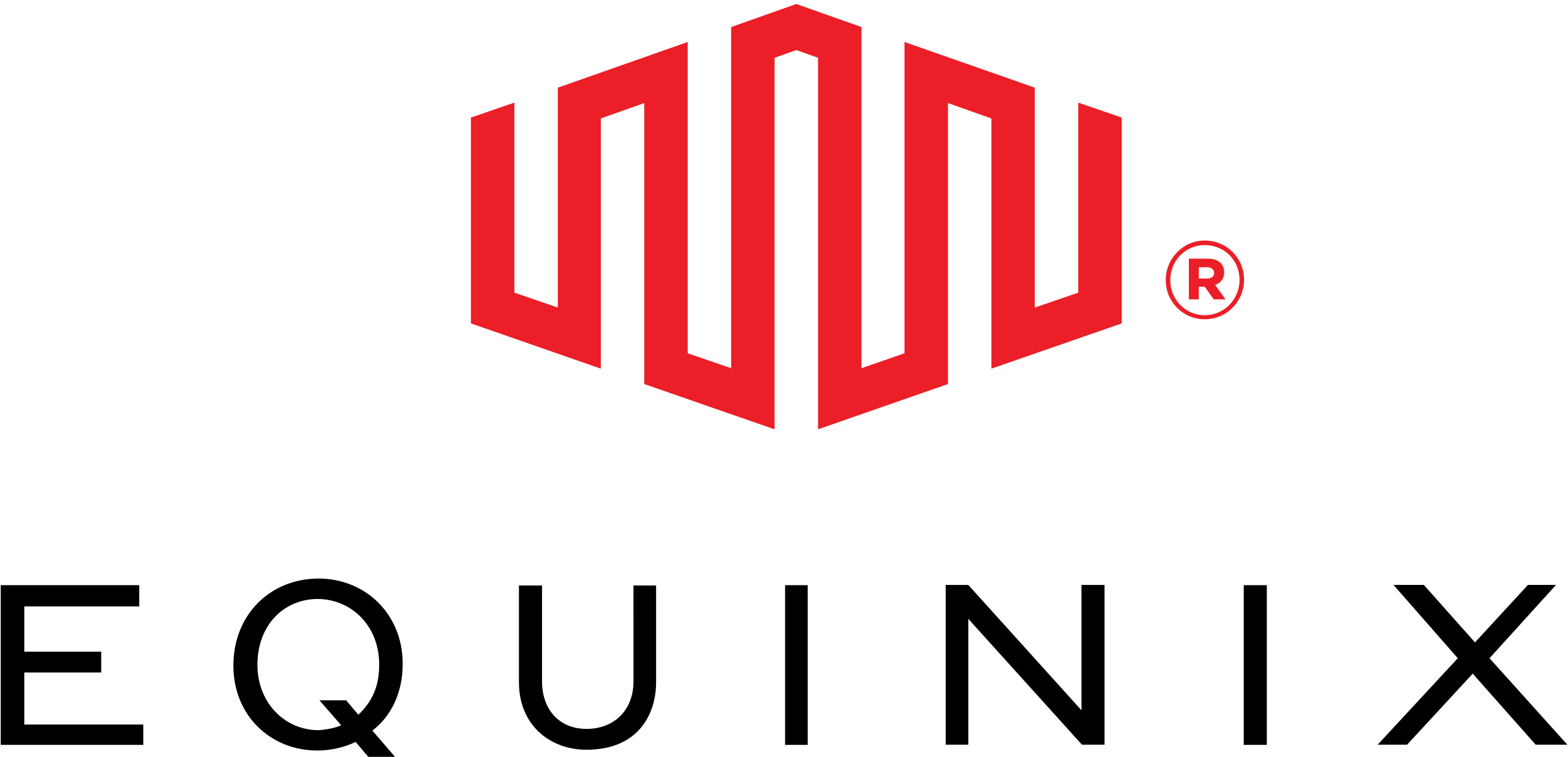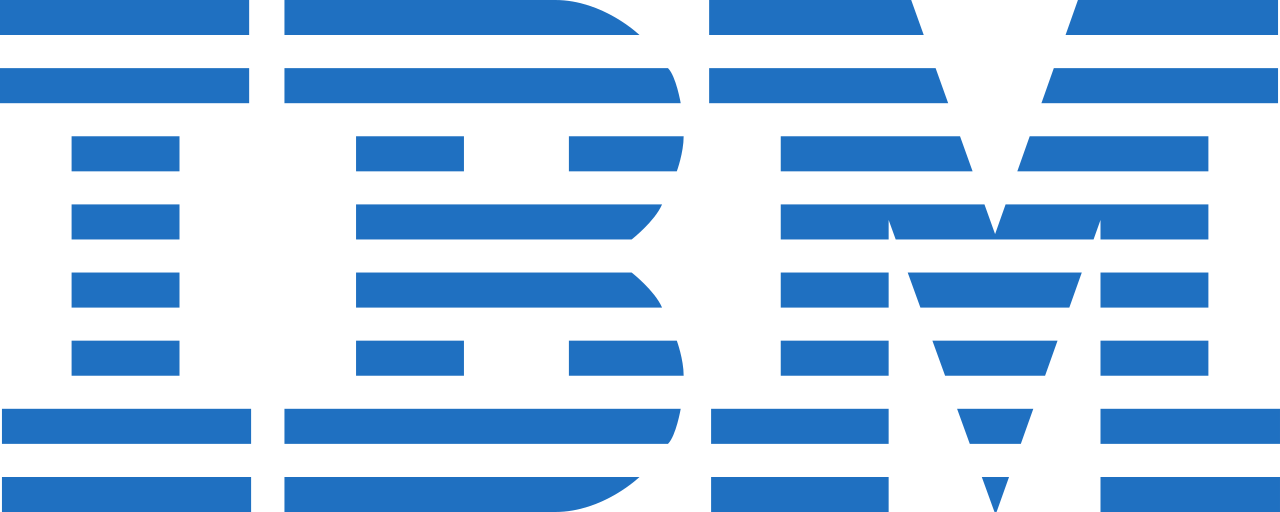Osaka Data Centers Locations (53)
















































































About Osaka, Japan Data Centers Market
Browse Data Centers in Osaka
Japan, known as a technological powerhouse, is witnessing a significant surge in the data center market. With advancements in technology and the increasing demand for digital services, businesses are recognizing the importance of establishing a robust presence in this thriving market.
Continue reading to explore the current state of the data center market in Japan, what sets it apart, and why it presents a unique opportunity for businesses. We will also review how Datacenters.com can assist businesses in securing their space in this market.
Rapid Growth and Projected Outlook
According to market forecasts, the data center market in Japan is poised for impressive growth. Statista projects that the market will experience a compound annual growth rate (CAGR) of 6.75% between 2023 and 2028, resulting in a market volume of USD 23.93 billion by 2028. Other reports suggest similar growth patterns, with estimates ranging between 5.93% to 12.10% CAGR during the forecast period.
Uniqueness of the Japanese Data Center Market
Several factors contribute to the uniqueness of the data center market in Japan:
Technological Advancements
Japan has a long-standing reputation for being at the forefront of technological innovations. From robotics and artificial intelligence to electronics and automotive advancements, Japan has consistently pushed boundaries and set global standards in various fields. This emphasis on cutting-edge technology extends to the data center industry as well.
Japanese data centers are equipped with state-of-the-art infrastructure, including advanced cooling systems that ensure optimal temperature control and energy efficiency. These facilities also boast high-speed connectivity, allowing businesses to transmit and process data at lightning-fast speeds.
The focus on technological advancements in the Japanese data center industry translates into tangible benefits for businesses operating in the country. With reliable and robust infrastructure, businesses can experience enhanced performance and reliability for their critical data and applications. The advanced cooling systems used in Japanese data centers not only help maintain ideal operating conditions but also contribute to reducing energy consumption, aligning with sustainability goals.
Additionally, the high-speed connectivity offered by Japanese data centers enables businesses to efficiently handle large volumes of data, facilitating seamless operations and enabling real-time data processing and analysis.
By leveraging Japan's technological prowess in the data center industry, businesses can position themselves for success in an increasingly digital world. The state-of-the-art infrastructure, advanced cooling systems, and high-speed connectivity offered by Japanese data centers ensure that businesses can operate with confidence and efficiency, meeting the demands of today's data-driven landscape.
Whether it's storing and processing massive amounts of data or ensuring uninterrupted access to critical applications, the technological innovations in Japanese data centers provide businesses with the tools they need to thrive in the digital age.
Focus on Resilience and Disaster Preparedness
Japan's geographical location makes it prone to natural disasters such as earthquakes, typhoons, and tsunamis. This susceptibility has driven the data center industry in Japan to prioritize resilience and disaster preparedness.
Data center facilities in Japan are built with robust infrastructure designed to withstand seismic activities and other environmental hazards. The use of seismic isolation systems, which absorb and dissipate vibrations, helps protect critical equipment and ensure uninterrupted operations during earthquakes.
In addition to structural measures, data centers in Japan also have redundant power supply systems to mitigate the impact of power outages caused by natural disasters. These facilities often have multiple power sources, including backup generators and uninterruptible power supply (UPS) systems, to ensure continuous operation even in the event of a power failure. Redundancy extends to network connectivity as well, with multiple carriers and diverse fiber routes in place to minimize the risk of connectivity disruptions.
Comprehensive disaster recovery plans are integral to the data center facilities in Japan. These plans outline protocols and procedures to be followed in the event of a natural disaster, including backup and restoration processes for critical data. Data centers in Japan often offer off-site backup and replication services, ensuring that data is securely stored in geographically separate locations.
This redundancy and comprehensive disaster recovery planning allow businesses to have peace of mind, knowing that their critical data is protected even in the face of natural disasters.
Hybrid Cloud Adoption
Japanese businesses have recognized the benefits of embracing hybrid cloud solutions, which combine on-premises infrastructure with public and private clouds. This approach provides organizations with the flexibility to choose the most appropriate deployment model for their specific workloads, whether it's keeping sensitive data on-premises or leveraging the scalability and cost-effectiveness of the public cloud.
By utilizing a hybrid cloud architecture, businesses can optimize their IT resources, scaling up or down as needed, and seamlessly integrating their on-premises infrastructure with cloud-based services.
One of the key advantages of hybrid cloud solutions is enhanced data security. Japanese businesses understand the importance of protecting their sensitive information and complying with strict data privacy regulations. By leveraging a hybrid cloud approach, organizations can keep their critical data on-premises while leveraging the added security measures provided by reputable cloud service providers. This combination ensures a robust and secure environment for sensitive data, mitigating the risks associated with a single cloud solution or relying solely on on-premises infrastructure.
Furthermore, adopting hybrid cloud technology enables Japanese businesses to improve operational efficiency. The scalability offered by the cloud allows organizations to quickly adapt to changing business needs, scaling resources up or down as required. This agility eliminates the need for overprovisioning on-premises infrastructure and allows businesses to optimize costs.
Additionally, the ability to seamlessly integrate on-premises systems with cloud services streamlines operations, enabling efficient data exchange and collaboration across different environments. Overall, the adoption of hybrid cloud solutions has become a strategic advantage for Japanese businesses, allowing them to stay agile, secure, and competitive in today's digital landscape.
The Essentiality for Businesses
The data center market in Japan represents a significant opportunity for businesses, both domestic and international. Here's why it is essential for businesses to establish a presence in this market:
Growing Digital Economy
Japan's digital economy is thriving, fueled by advanced technologies, e-commerce, and digital services. The country has made significant investments in digital infrastructure, leading to a highly connected and tech-savvy population. With a strong emphasis on innovation and digital transformation, Japan offers businesses a vast market opportunity to tap into.
E-commerce plays a crucial role in Japan's digital landscape. The country has witnessed a rapid growth in online retail stores, with consumers increasingly turning to digital platforms for their shopping needs. The convenience and accessibility of e-commerce have reshaped consumer behavior, leading to a surge in online transactions.
By accessing the Japanese data center market, businesses can leverage the robust digital infrastructure to establish an online presence and cater to the growing demand for digital shopping experiences.
Digital services are also a driving force behind Japan's digital economy. From online banking and financial services to entertainment and streaming platforms, Japanese consumers are avid users of digital services. When businesses enter the Japanese data center market, they can offer high-quality digital services to tech-savvy customers. This will make customers happier and more engaged with the business.
The technology and buildings in Japanese data centers are really good. This helps businesses give their customers fast and safe online experiences that meet the high standards of the Japanese market.
When businesses operate in different countries, they have to follow rules about keeping data safe and private. If they have a place in the Japanese data center market, it helps them follow the rules there and keep up with strict privacy laws.
When companies keep their information stored within the country's borders, it helps to keep the information safe and prevents people from getting into it without permission. This makes it less likely that someone will hack into the data.
Data centers in Japan are very good at keeping information safe. They use the best security systems, like strong firewalls, encryption, and controls for who can enter the building. This makes sure that no one can get to your data and cause problems.
Businesses can use advanced technology and security in Japanese data centers to keep customer information safe. This is especially important for industries that work with sensitive personal information, as it helps build trust with customers.
Additionally, storing data within the Japanese data center market allows businesses to benefit from the country's comprehensive data protection legislation. Japan has rules called privacy laws to protect people's personal information.
These laws are in the Act on the Protection of Personal Information (APPI). It tells businesses what they need to do to keep people's information safe. Following these rules shows that a business cares about protecting data and can help them do well in the world market.
Enhanced Reliability and Performance
Japanese data centers are renowned for their advanced infrastructure and resilient design, providing businesses with enhanced reliability and performance. These data centers boast highly available networks that ensure uninterrupted connectivity, even during peak usage periods. With low latency connections, businesses can experience fast and responsive data transfer, enabling real-time communication and seamless operations.
One of the key advantages of Japanese data centers is their robust disaster recovery capabilities. Japan is in an area where natural disasters like earthquakes and typhoons can happen. So, the data centers there have extra safety measures and backup systems to protect against problems. This way, businesses can keep running smoothly even if something unexpected happens, which helps prevent important information from getting lost or damaged.
The reliability and performance offered by Japanese data centers ultimately contribute to an enhanced user experience. With reliable service and minimal downtime, businesses can provide uninterrupted services to their customers, leading to increased customer satisfaction and loyalty. The low latency connections also enable faster access to data, resulting in improved efficiency and productivity.
Overall, the advanced infrastructure and resilient design of Japanese data centers make them an ideal choice for businesses seeking a secure and high-performing data storage solution.
Partnering with Datacenters.com
Navigating the intricacies of entering the Japanese data center market can be challenging for businesses. However, Datacenters.com has the extensive portfolio and industry experience to assist businesses in securing the right space within this market.
As a trusted and reputable resource, Datacenters.com offers a comprehensive suite of services, including data center sourcing, consulting, and colocation services. With their deep knowledge of the Japanese data center landscape, they can guide businesses through the entire process, from assessing requirements to negotiating contracts.
Datacenters.com is a leading platform that provides businesses with the expertise and resources necessary to make informed decisions in the thriving data center market in Japan. With an extensive database of data center providers, we offer a comprehensive view of the available options in the Japanese market, enabling businesses to select the most suitable facility. Datacenters.com's expertise allows businesses to navigate the complexities of the market, considering factors such as location, infrastructure, security, and pricing.
By leveraging Datacenters.com's expertise, businesses can capitalize on the opportunities presented by the thriving data center market in Japan. We know a lot about the industry and local rules. This helps businesses follow the rules and do things in the best way for their data storage.
Companies can make smart choices about where to store their information by getting the most recent and correct information about different data center providers. This helps them decide which provider is best for their needs and goals. Our expertise empowers businesses to optimize their data center operations, enhance performance, and position themselves for success in the dynamic Japanese market.
The data center market in Japan is experiencing remarkable growth and presents a unique opportunity for businesses. Japan has lots of new technology, is good at being strong through tough times, and has a growing digital economy. It's an important place for organizations to think about if they want to be successful.
Partnering with Datacenters.com further facilitates businesses in securing space within this burgeoning market, ensuring a competitive advantage and long-term success.
GLOBAL
Top 10
Colocation Providers









